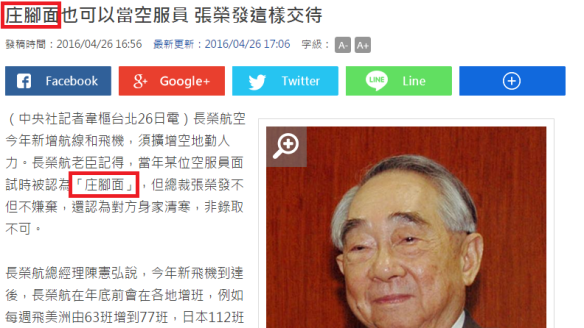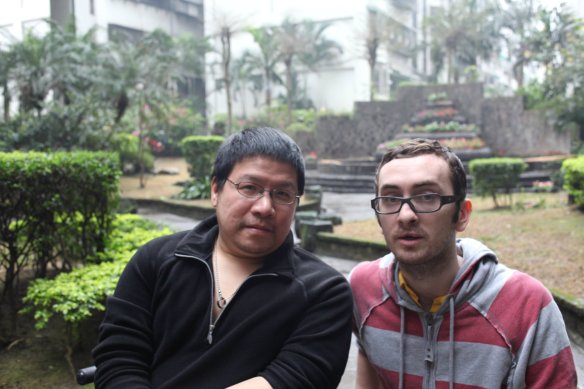There’s been a lot of media coverage in Taiwan and elsewhere over the past few days about the Chinese diplomats who allegedly put a Taiwanese official in Fiji in hospital after trying to take names and photos of guests at a Taiwanese reception in the country (seemingly to report to their superiors in Beijing and launch reprisals against said guests).
On my morning commute I was listening to Professor Su Hung-dah from National Taiwan University’s Department of Political Science (who also worked for the Ministry of Foreign Affairs early in his career) talk about the incident on New98 (a light blue leaning radio station). He’s mainly calling out China for its clumsy efforts, in that actual diplomats showed up to do the dirty work, when a more cunning approach would have been to send some Chinese hooligans with no ties to the embassy to stir things up. He also suggested Taiwan start hiring security guards for these kinds of events. The show is broadcast on YouTube too, and you can rewatch below (the segment on Fiji starts at 5:15):
The interesting part for me was the use of a Taiwanese term in the middle of a flow of Mandarin (from 12:09):
「大陸這個段數不高了,就說今天我用一個正式的外交官去收證。其實這就是……很容易,很容易 「凸槌」嘛!」
(This wasn’t very high-level stuff from Mainland China, in saying today we’re gonna send a diplomatic official to go collect evidence. This is actually… it could very easily turn into a scandal, no?)
The characters 「凸槌」 (thut-chhôe / thut-chhê) are just borrowings from Mandarin to represent the sounds. The two main dictionaries I use seem to indicate that original characters would have been「脫箠」and it can mean “to make a mistake”, “to blow one’s cover”, “to make a fool of oneself” or “to go off the rails”.
Interestingly enough, the Taiwanese translation of the Rowan Atkinson spy comedy Johnny English is 『凸搥特派員』, which really does add a bit of comedy to the word choice.


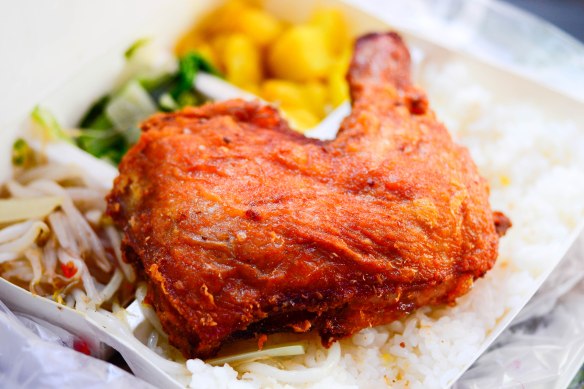
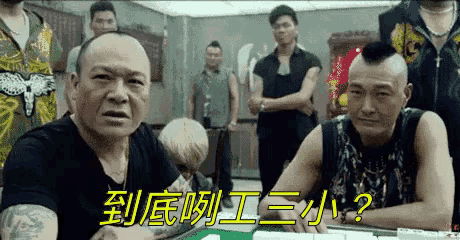
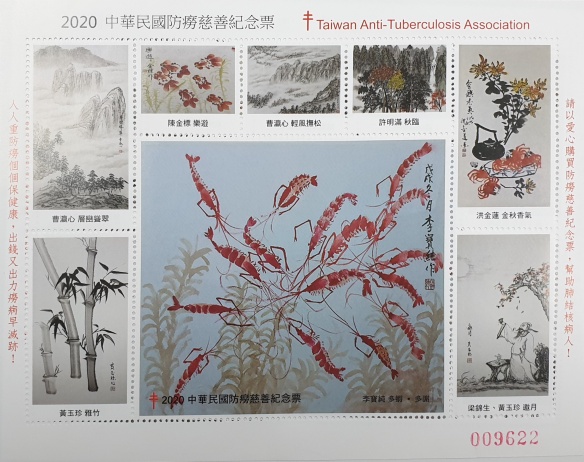
 Ko Chih-en (柯志恩), a KMT legislator-at-large, is another regular on TVBS’s political panel show ‘The Situation Room’.
Ko Chih-en (柯志恩), a KMT legislator-at-large, is another regular on TVBS’s political panel show ‘The Situation Room’.
